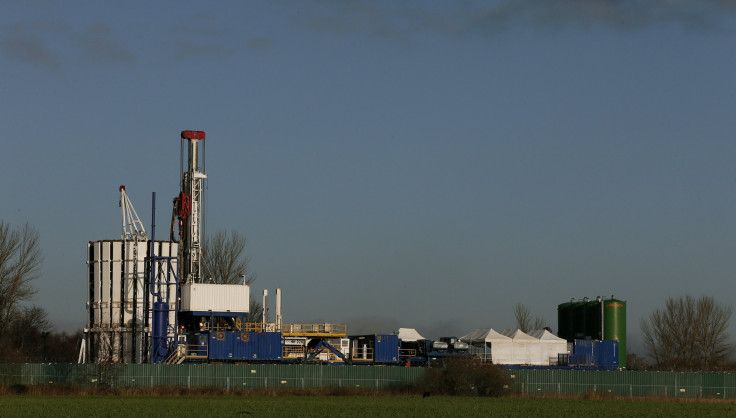Britain, New Zealand Capitalizing On Oil Industry Shift Away From Developing Countries

Big oil and gas companies are shifting their focus to wealthier countries after decades of exploring and producing in developing nations, lured by political stability and more predictable returns. At least two governments – Britain and New Zealand – are aiming to capitalize on the switch.
On Monday, the U.K. opened up more than half of Britain to hydraulic fracturing, or fracking, in an effort to entice energy companies to explore the region’s shale reserves. The Department for Energy and Climate Change said it will invite firms to bid for onshore oil and gas licenses for the first time in six years, according to media reports. The drilling zone will encompass 37,000 square miles of untouched parcels and stretch from central Scotland to the south coast.
Michael Fallon, the former UK energy minister, has previously called shale oil and gas as “an exciting prospect, which could bring growth, jobs and energy security,” the Telegraph noted.
In New Zealand, energy officials are pushing a “Petroleum Action Plan” meant to lure oil companies to its millions of unexplored offshore acres. The government also hired an executive from oil-and-gas-rich Oklahoma to sway prospectors, the Wall Street Journal said in a Sunday story.
Developments in the two countries underscore oil companies' rising interest in investing in safer and stabler nations. In recent years, violence, tension with governments and power struggles with state-owned oil companies have weakened the allure of less-developed nations in North Africa and Central Asia, where lax regulations and cheap labor costs once promised hefty profits for oil companies, the WSJ noted.
In 2013, the biggest global oil firms – ExxonMobil (NYSE:XOM), Royal Dutch Shell (NYSE:RDS.A) and Chevron Corp. (NYSE:CVX) – spent about two-thirds of their exploration and production budgets in OECD countries, up from 49 percent in 2003, estimated Sanford C. Bernstein Ltd., a U.S. financial research company, the WSJ reported. Some of the spending reflects the North American shale gas boom, where fracking and horizontal drilling technologies are producing record amounts of fossil fuels. U.S. production could climb even higher if President Obama opens the Atlantic seaboard to offshore exploration and drilling.
Norway’s Statoil ASA (NYSE: STO) is exploring in New Zealand for the first time because the company likes the “very attractive commercial regime … and the very stable political regime,” Pal Haremo, Statoil’s senior vice president of exploration, told the WSJ. The oil firm pulled out of an Iraq project in 2012.
The push in Norway, Britain and other oil-rich developed nations like the United States is meeting staunch resistance from environmental groups and landowner advocates, who worry that ramping up oil and gas drilling will exacerbate global warming, increase air and water pollution, and invade citizens' private property rights.
Louise Hutchins, a U.K. energy campaigner for the advocacy group Greenpeace, said the government’s Monday announcement could mean millions of homeowners will be stripped of their right to stop companies from drilling under their property, the Guardian reported. Now communities will face a fracking "lottery,” she said.
Thousands of protestors in New Zealand have taken to picketing the country’s beaches to protest deep-sea oil drilling. The group leading the pickets, Banners on the Beach, has argued that offshore drilling is too risky; a spill would destroy natural habitats and blanket New Zealand’s shores with toxic oil.
Still, the payoffs may prove too promising for governments to pass up. Energy companies spent about $1.27 billion exploring New Zealand in 2012, up from $346 million a decade ago, the WSJ noted.
© Copyright IBTimes 2024. All rights reserved.




















